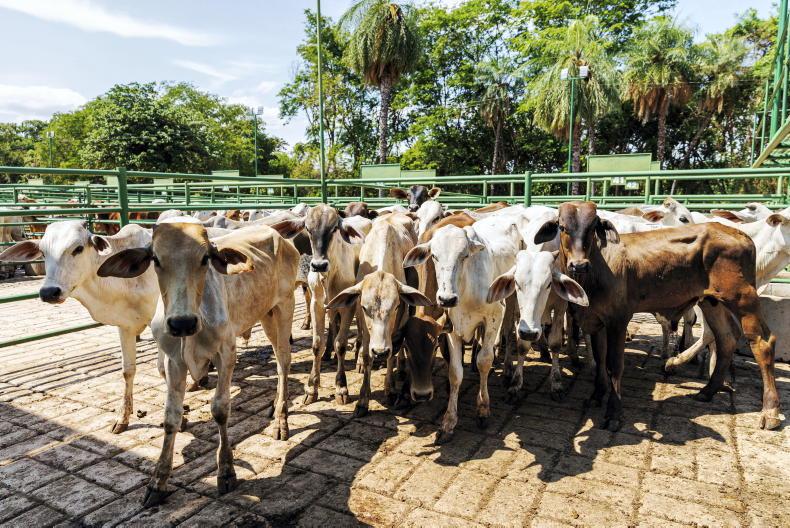A report produced by MPs on the International Trade committee has suggested the UK government’s approach to negotiating trade deals is “reactive and hasty” and questioned whether the pros and cons of removing trade barriers have been fully considered.
In their work, which focused on the recent trade agreement with New Zealand (NZ), the MPs refer to the government’s own analysis which suggests the UK agri-food sector is likely to contract by up to £97m due to increased imports from NZ. Under the terms of the deal, which is still to be passed by the relevant parliaments, NZ exporters will see tariffs reduced to zero for cheese, butter, beef and lamb over the next five to 15 years.
But despite recognising that the deal presents few opportunities for UK exporters, and being critical of the lack of a clearly defined vision for trade from the UK government, the committee still go on to conclude “that, on balance, the agreement should be ratified”.
NI protocol
The report also raises concerns specific to NI, and in particular, whether NI importers and consumers will be able to access the full range of goods covered by the NZ agreement. Under the terms of the NI protocol, NI is in the EU single market for goods. To add to the complexity, the EU has also negotiated a separate trade deal with NZ, expected to come into force in 2023. “We acknowledge the difficulties of modelling the impacts of the NI Protocol due to the dynamic nature of the issue. However, it is shocking that the Government has signed trade agreements without a thorough understanding of the impact they will have on NI because of the Protocol,” states the International Trade committee report.
Read more
New Zealand farmers take to the streets over emissions tax
Ready for breeding season in New Zealand
A report produced by MPs on the International Trade committee has suggested the UK government’s approach to negotiating trade deals is “reactive and hasty” and questioned whether the pros and cons of removing trade barriers have been fully considered.
In their work, which focused on the recent trade agreement with New Zealand (NZ), the MPs refer to the government’s own analysis which suggests the UK agri-food sector is likely to contract by up to £97m due to increased imports from NZ. Under the terms of the deal, which is still to be passed by the relevant parliaments, NZ exporters will see tariffs reduced to zero for cheese, butter, beef and lamb over the next five to 15 years.
But despite recognising that the deal presents few opportunities for UK exporters, and being critical of the lack of a clearly defined vision for trade from the UK government, the committee still go on to conclude “that, on balance, the agreement should be ratified”.
NI protocol
The report also raises concerns specific to NI, and in particular, whether NI importers and consumers will be able to access the full range of goods covered by the NZ agreement. Under the terms of the NI protocol, NI is in the EU single market for goods. To add to the complexity, the EU has also negotiated a separate trade deal with NZ, expected to come into force in 2023. “We acknowledge the difficulties of modelling the impacts of the NI Protocol due to the dynamic nature of the issue. However, it is shocking that the Government has signed trade agreements without a thorough understanding of the impact they will have on NI because of the Protocol,” states the International Trade committee report.
Read more
New Zealand farmers take to the streets over emissions tax
Ready for breeding season in New Zealand










SHARING OPTIONS